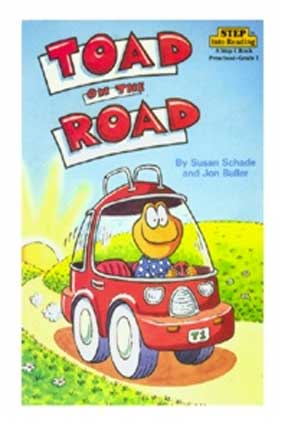"For something sufficiently toad-like / Squats in me, too; / Its hunkers are heavy as hard luck, / And cold as snow" ("Toads," 25-28).
It's like a more elegant version of "The Lazy Song." I despise that song.
My goal in this post is to identify the two metaphorical toads described in the poem. The first one is easy because it's explicit: "the toad work" (1). That first toad represents the speaker's questioning view of work as he ponders a bunch of alliterative lifestyles -- "Lecturers, lispers, / Losels, loblolly-men, louts" (10-11). Those people "don't end as paupers," "seem to like" their lives," and do not actually "starve." So essentially, the first toad (work) restrains the author who doesn't understand the necessity of it.
I'm going to say that the second toad is the speaker's pragmatic and positive view of work. The similes I quoted at the beginning of the post suggest that this toad is steady and unyielding. With a pun on the word "stuff" in the sixth stanza, the speaker develops his point that work and pensions are "stuff" that form dreams (which apparently happened in The Tempest -- I don't recall). The second toad won't allow the speaker to "blarney" or get everything he wants "at one sitting" (32). He has a steady conscience (the second toad) that reminds him that work creates dreams, which require patience and effort to achieve. That's a more uplifting and reasonable view of work than the one presented in the first half of the poem with the restrictive toad.
Has anyone else read Toad on the Road? It's a classic.

I love Toad on the Road! Classic
ReplyDeleteI've never read it, but if we have an independent reading, then I'll hop (pun intended) right on that.
ReplyDeleteYou won't regret it!
ReplyDelete